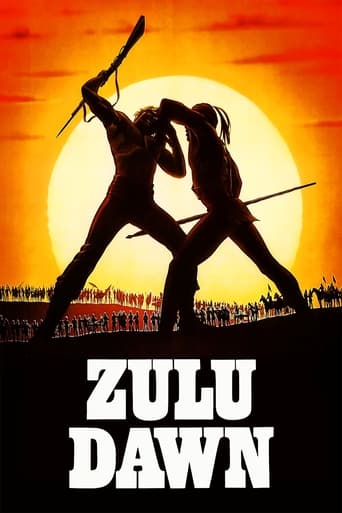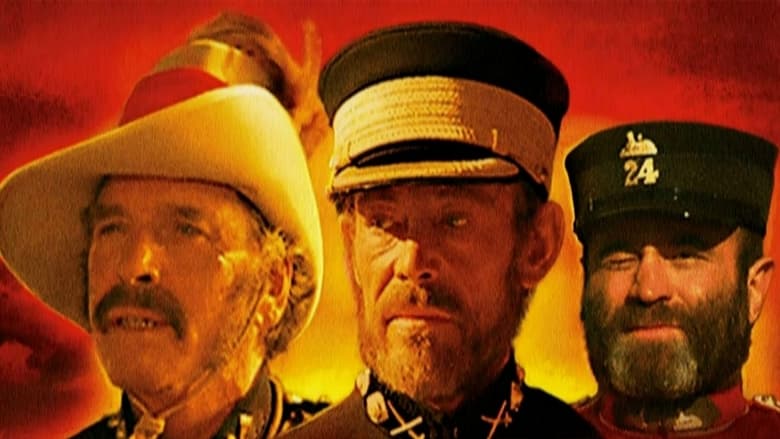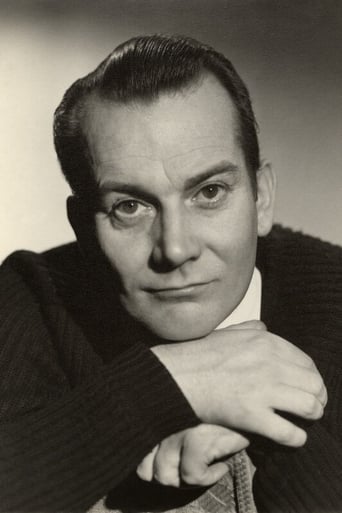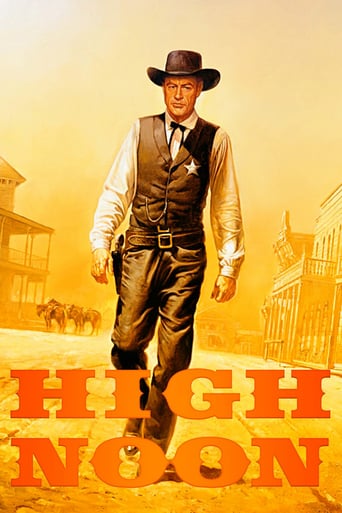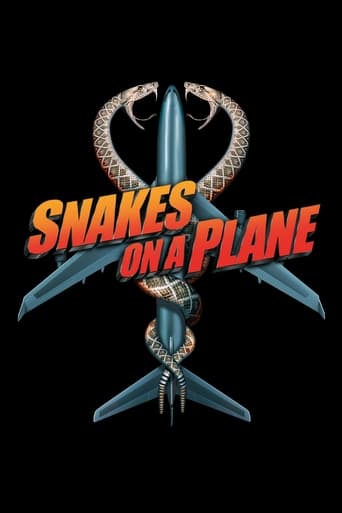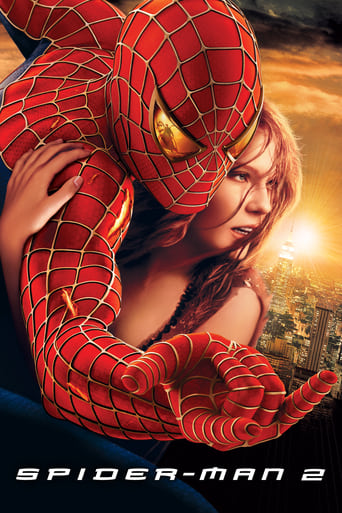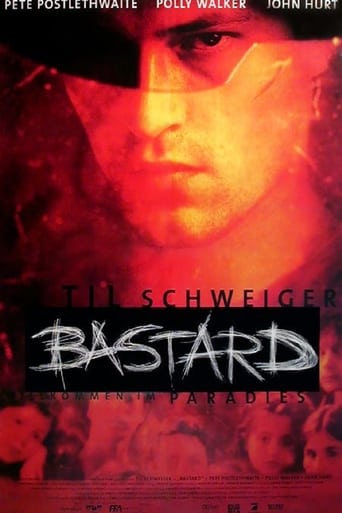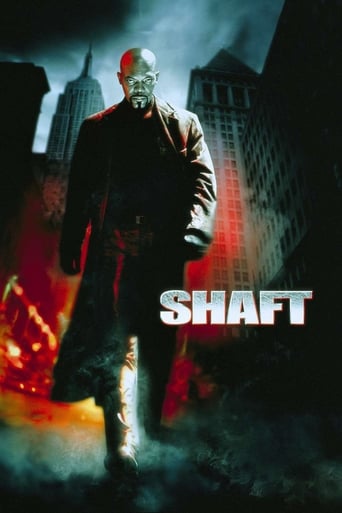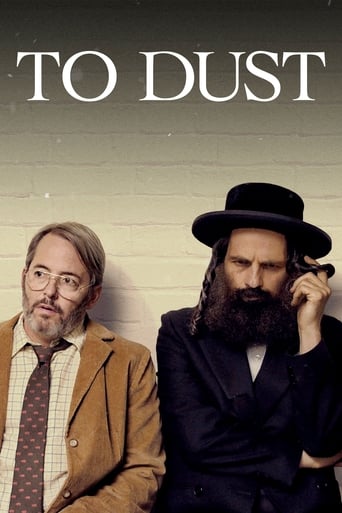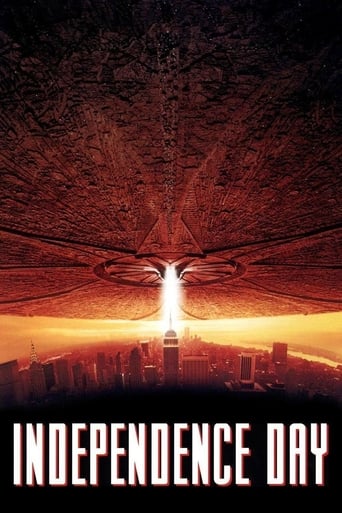Zulu Dawn (1979)
In 1879, the British suffer a great loss at the Battle of Isandlwana due to incompetent leadership.
Watch Trailer
Cast


Similar titles
Reviews
Very very predictable, including the post credit scene !!!
Absolutely Fantastic
A lot more amusing than I thought it would be.
Although it has its amusing moments, in eneral the plot does not convince.
U.K. release: 1980. 115 minutes. Cut to 98 minutes in the U.S.A. SYNOPSIS: A ham-fisted approach to the Zulu nation by British colonial officials leads to full-scale war. NOTES: A prequel to Zulu (1964), co-written by that film's writer- director, Cy Endfield.COMMENT: A staggeringly spectacular war adventure, so crammed with action there's scarcely time for anything else, here's a movie that absolutely must be seen on the wide-wide-screen to appreciate the charges by thousands of costumed extras. Zulu Dawn is definitely a movie in which the players are dwarfed not only by their surroundings and crowded, jostling backgrounds but by the foreground action itself.The actors are all uniformly convincing, though O'Toole is inclined to overdo the despair. Not that it matters in a film as packed with incident as this one.Director Douglas Hickox rises nobly to the challenge, assisted by marvelous photography, bold second unit work and a superb music score. Oddly, despite its solid cast, authentic backgrounds, fast-paced direction, awesome action and overpoweringly spectacular effects, the film failed at the box-office and lost millions for its backers.On paper, it seemed like such a good idea too. The 1964 "Zulu", expensive though it certainly was, had reaped a fortune at the box- office. Patrons deserted their TV sets for the big screen in their millions. But it didn't happen the second time around. People didn't want to re-visit a scene from 1964. Time moves on. Fashions change. Perhaps if Zulu Dawn had been released ten years earlier, around 1969 or 1970, it would have received a far warmer and considerably less hostile reception. Perhaps audiences don't like to be forced to make connections between two films that are fifteen years apart. It doesn't worry me, fortunately. I live in the past all the time.
Rorke's drift on steroids This is the main 1879 battle, called Isandlwana, to which Rorke's Drift ("Zulu") was ancillary. The overall battle was complicated, involving several semi-independent columns but briefly the narrative runs something like this. Some 1,200 British troops and irregulars under Lord Chelmsford crossed the river into Zululand, armed with single-shot rifles and four cannon, to find themselves facing ten times that number of Zulu warriors armed with only short spears and hide shields. The Zulu attacked some of the columns. The British were wiped out. Back at the main base, Chelmsford was staggered. Britain was stunned. There had been many brushfires and rebellions along the edges of the British empire but they'd all been suppressed by modern technology and discipline. This was an unmitigated defeat by natives, much like Custer's last stand. In both cases the native victories were short lived, and Chelmsford was replaced.The film, as far as the untutored viewer can tell, is pretty accurate, down to the green patches on the collars of the foot soldiers. The photography is unimpeachable. And what a cast! Bob Hoskins, Peter O'Toole as Chelmsford, Burt Lancaster, Simon Ward, John Clay, a brief appearance by John Mills, and other familiar faces here and there.The story is told roughly in three acts. (1) The complacent British sit around at a garden party drinking tea and teaching the ladies in their frothy dress how to play cricket. (2) A confident Chelmsford and his subordinates cross the Tugela River, hobbled by their supplies being hauled in slow-moving ox carts, looking for Zulu to engage. (3) The Zulu engage and after a gallant fight the British are killed, although the colors are finally retrieved.There isn't a flaw in any of the performances and the vast, ominous, plains with their occasional crouching mountains is perfectly captured, but the second-unit direction is clumsy and so is the script. At least I couldn't quite keep straight who was where and exactly when things were happening. We get a few glimpses of a map but not nearly enough to give a clear picture of events. Further, there are moments when I felt the second-unit director -- the guy shooting the action sequences -- must have been asleep or juiced out on millet beer. In a couple of shot, the red-coated foot soldiers are reloading and firing wildly while the Zulu extras wander around among them, as if wondering what they're supposed to do next. Not a knock on the extras. I'm sure they were glad to get the work, as I was when I was an extra.What we might call the internal stories -- the little touches of human relationships and character -- which must all have been fabricated since no one survived, are familiar. The terrified rookie more or less adopted by the tough color sergeant. The preacher muttering warnings that are ignored. The conviction that the enemy is unable to successfully engage our own forces -- you know, the natives with their spears and arrows and slings and whatnot, against our technology?Perhaps that belief is the fundamental message of the movie. My God. It doesn't matter whether the battle is an air attack on Pearl Harbor, a defeat of Force Smith in Korea, the Seventh Cavalry at Little Big Horn, the first battle of Bull Run, the punitive expedition against Pancho Villa or Ia Drang in Vietnam. It always comes as a big surprise to find that we've underestimated the enemy. The technology doesn't get the job done. The show of force doesn't cow him. Fortunately for us, these defeats never prompt us to challenge our primitive beliefs in our invincibility.
A fairly early example of a prequel, this film is in the most part faithful to history and makes no effort to spare the reputations of any of the principal characters or the British attitude to the indigenous population This movie for once, portrays the protagonists correctly and one feels sympathy for the Zulu cause The films spends a deal of time dealing with the political background leading up to the invasion and subsequent defeat of the British. A lot of poetic licence was taken with the deaths of Durnford and Pulleine, and the "saving of the colours" by Vereker was in fact total fiction. The battle scenes were both lengthy and in the most part accurate apart from Zulus throwing Assegais which they never did as they were top heavy short handled stabbing weapons. That not withstanding this was an enjoyable movie at the time and you could do worse than to watch this followed by Zulu! to see the whole battle in chronological order. A little heavy on A List actors of the day which pushed it over budget
This historical epic is a spectacular retelling of the deeds leading a bloody battle where a regiment was massacred by a force over thousands Zulus commanded by Cetschwayo(Sabela) at Zululand. In command of British force is General Lord Chelmsford well played by Peter O'Toole and an excellent Burt Lancaster plays Colonel Durnford as a tough and veteran officer. Extraordinary secondary cast formed by prestigious British actors, such as Simon Ward,John Mills, Peter Vaughn,Ronald Lacey, Michel Jayston, James Faulkner(also producer), among others. The battle scenes are magnificent with deployment of the vast forces, and exciting combats when the army try to defend from attack by thousands of Zulu warriors.Stunning cinematography with colorful landscapes and martial musical score by the master Elmer Berstein. The picture is well directed by Douglas Hickox who translates perfectly the outstanding battles. This is a prequel about 'Zulu'(1963,Cy Endfield) depicts the electrifying battle of Roarke'Drift where little more than hundred soldiers made a valiant stand against thousands Zulu warriors.Adding more details over the largely depicted on the movie, the incidents happened of the following manner : Zulu victory over British forces 22 Jan 1879 about 160 km, north of Durban.A column led by Lord Chelmsford seeking the Zulu army camped at Isandhlwara, road to Ulundi while patrols went out to scour the district. A report was received and Chelmsford moved out with half his strength, leaving the camp occupied by six companies of the 24th Regiment, two guns, some colonial volunteers and some native contingents: about 1800 troops in all. Late in the morning , an advance post warred of the approach of a Zulu army. Then a mounted patrol found thousands of Zulus concealed in a ravines as the patrol rode to warn the camp, the Zulus followed. The camp commander spread his troops around the perimeter of the camp, but the Zulus broke through, the native contingents fled but were chased and killed. The 21 officers and 534 soldiers of the 24Th Regiment were killed where they fought , there were no wounded , no prisoners and no missing. Only about 50 Europeans and 300 Africans escaped. The invasion of Zululand was temporarily halted until reinforcements were received from Britain. Despite the defeat, the Zulus were humiliated and crushed at Roark's Drift battle.The battle of Isandhalwana was recorded in history as the worst defeat ever inflicted on a modern army by native troops. In Parliament upon the downfall of his government, British Prime Minister , Benjamin Disraeli, asked the question: 'Who are these Zulus ,who are these remarkable people who defeat our generals , convert our bishops and who on this day have put an end to a great dynasty?

